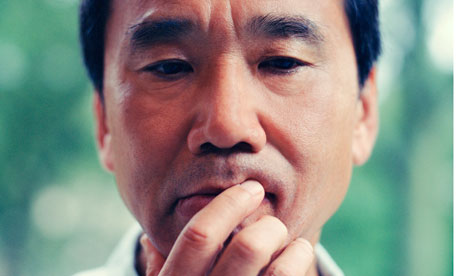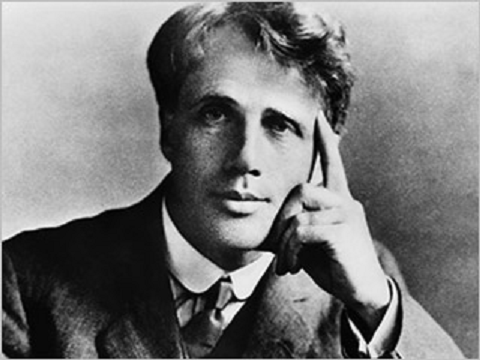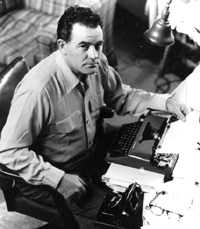From
a 1974 interview between James Day and “Wally” Stegner. The whole thing is fascinating, but the really
good stuff starts at about the 22 minute mark:
STEGNER:
I think probably there’s no point in teaching people who don’t have a
noticeable gift. Often there’s no point in teaching people who do
have a noticeable gift, if they don’t have those qualities of character,
or neurosis or whatever it is that keep them at it. If they can be stopped,
they’ll stop.
DAY:
What is the gift?
STEGNER:
The gift is partly of the senses, I think. It’s basically a gift of the senses,
a gift of observing and also, I suppose this is William James’ doctrine, the
gift of quick association so that one thing suggests another and things go
together to become something new and ahead. I’m not a psychologist and you’d
better not follow my formula, but I think it has to do with senses in the first
instance. And then it has to do with the gift of words. A lot of writers have
been writers of some consequence, however, without the gift of words-Dreiser
being one. He just comes over you like a tank leaving his tread tracks in your
lawn, and he clanks and grinds and so on, but he does tear up your lawn
alright. And he never wrote a good sentence in his life. Not a one, I think.
DAY:
So how do you measure good fiction then?
STEGNER:
I think the measure should be nothing that one person defines. I can tell you
the kind of fiction that I like. That’s about the best I can do, and the kind
of fiction that I like is a kind of fiction which is not only perceptive, and
which has people in it who are plausible people, and which has some relation to
real life.
DAY:
It’s important to you that it do relate to real people.
STEGNER:
Oh yes, I’m a realist. I never get over that. I told you I was a nineteenth
century character. I don’t know what it’s about unless it’s about real life. I
don’t see any point in turning real life upside down, unless what you’re doing
gives you a better look at real life, like looking at a view through your
spraddled legs. That’s alright. I don’t mind that. But the ultimate thing is
that illusion of reality, and some kind of commentary on reality. So I would
guess that anybody who has something to say about reality, who can say it in
memorable ways is going to appeal to me. And sometimes they get away with it
even if they can’t say it in memorable ways. If they have, as Dreiser had,
every gift of the novelist, except the verbal gift. He’s a great feeler. He
knows how people feel in certain situations, and he is structurally, a man who
can build bridges that reach from here to there. They go from bank to bank. But
I guess if I were picking the kinds of people that I like best, what is good
fiction, I would pick people like Checkov, Conrad, Turgenev. I seem to be very
Slavic about it. Those are the people I’d take to my desert island if I had to
take some three.












